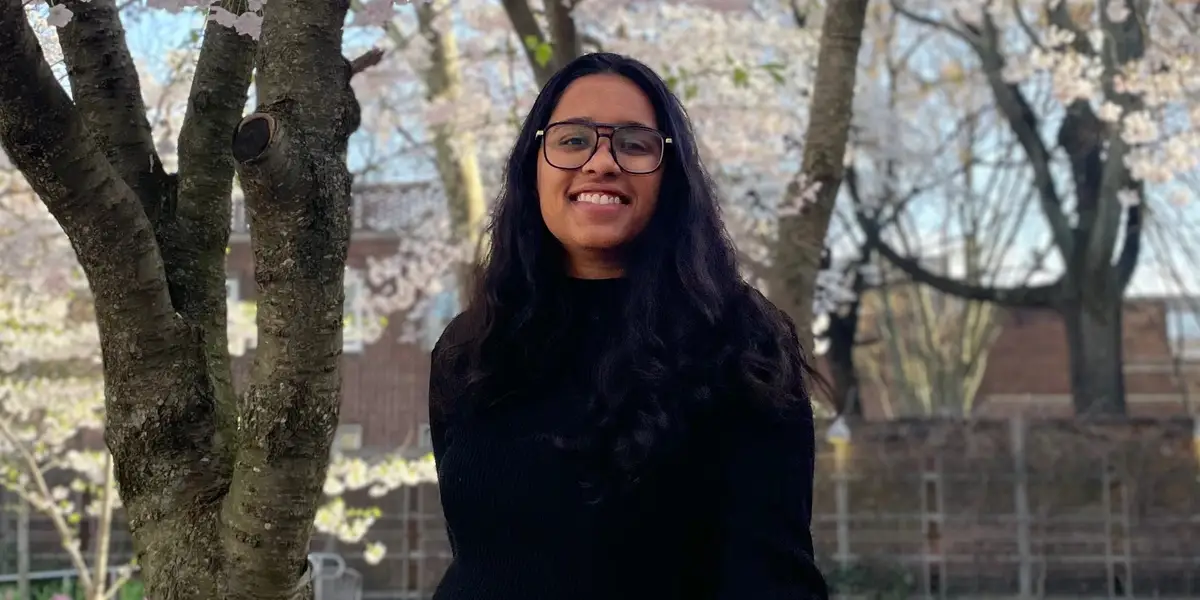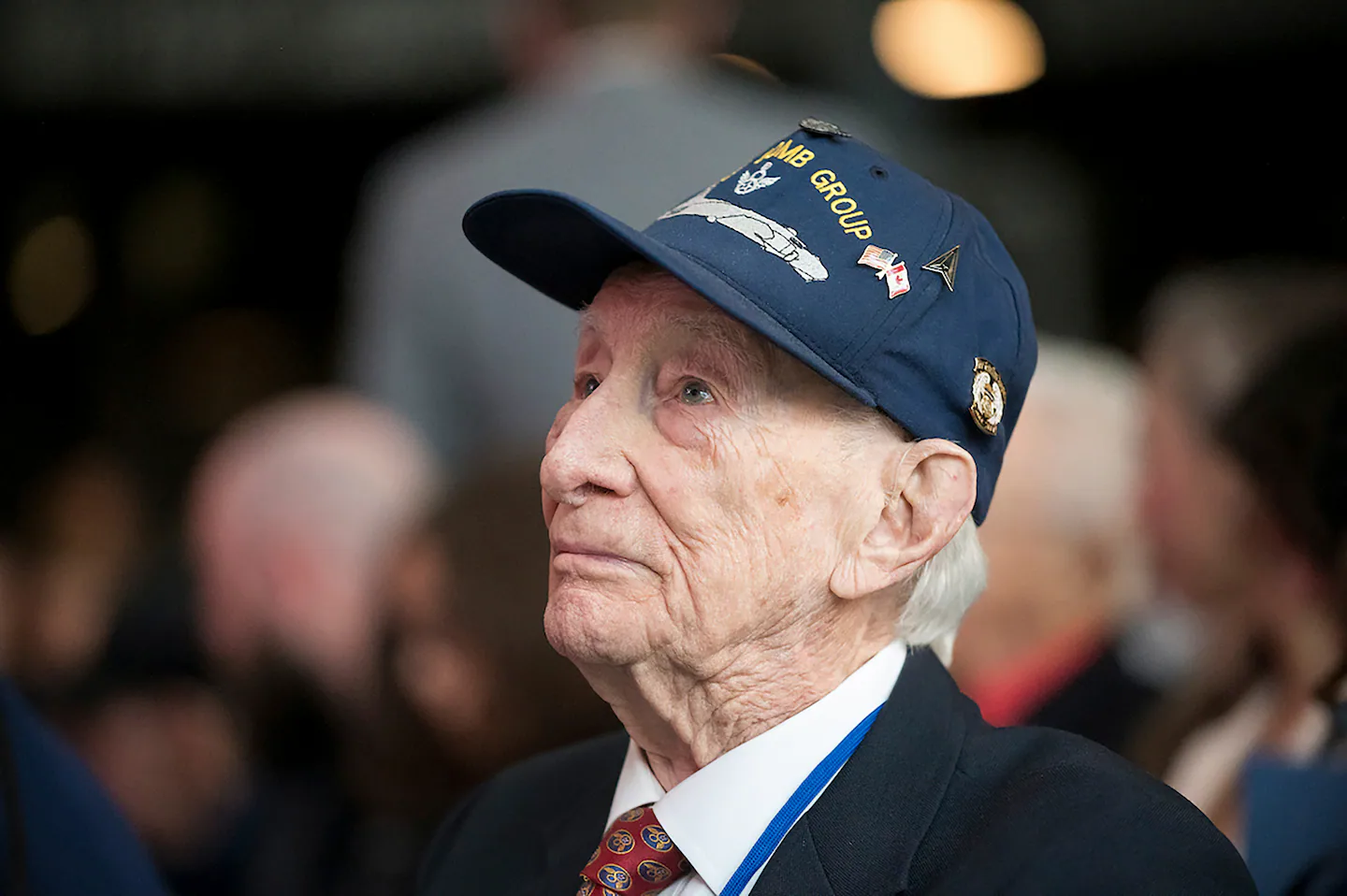
On May 20, 2024, Palashi Singhal was on cloud nine. It didn’t last long.
It was graduation day at the University of Pennsylvania, where she’d earned a master’s degree in behavioral and decision sciences. Her parents had flown in from India to celebrate, and in June, Singhal planned to start a full-time job as a behavioral sales and customer support specialist at a tech startup.
The role wouldn’t just give her a paycheck. As an international graduate on an F-1 optional practical training (OPT) visa, it would allow her to keep living in the US instead of returning to India.
But on May 24, an email landed in Singhal’s inbox with every job seeker’s nightmare: Her future employer had reassessed their hiring needs, and her job offer had been rescinded.
“My spirits dropped from 100% to negative 100%,” said the 26-year-old, who lives in Philadelphia.
With only a few months to find new employment before her visa status was at risk, Singhal and her family canceled a planned post-graduation trip across the US to visit relatives and friends. Instead, her parents stayed home to support her as she began what would become a nine-month search for full-time work.
Singhal is among the recent US college graduates who have struggled to find work. As of June, the most recent data available, 4.8% of people aged 22 to 27 with at least a bachelor’s degree were unemployed, compared with 4.0% of the overall workforce ages 16 to 65.
These challenges are tied to a hiring slowdown across the economy that has particularly affected the newest members of the workforce. That includes the nearly 200,000 foreign students who received OPT work authorization last year — and whose visa status depends on staying employed.
Related stories
Business Insider tells the innovative stories you want to know
Business Insider tells the innovative stories you want to know
While some recent grads are still searching for work, others, like Singhal, have used various job-search strategies to secure employment.
Visa pressures added stress to the job hunt
Singhal’s journey to full-time employment began years before her offer was rescinded. In August 2022, she moved to the US to begin her master’s program at UPenn. After earning her degree in December 2023, she began working in March as a part-time, paid research intern at Marketing for Change, a research and creative agency. She said she couldn’t work full-time until February 2024, the designated start date tied to her OPT visa approval.
With her OPT approved, she began more seriously looking for full-time employment. Since she was employed as a research intern, she said she wasn’t at risk of using up the 90 unemployment days allowed under OPT before her visa status could be jeopardized. However, the internship only lasted through the end of May, so she still felt pressure to find a full-time gig.
“That’s the source of the most stress that international students have in the US,” Singhal said, “the clock ticking in the background and having to find a job.”
When she received the full-time job offer at the tech startup in April 2024, Singhal said she stopped looking for work. So when she learned in late May that the offer had been rescinded, she was suddenly back at square one.
“I stopped doing any networking or applying to jobs,” she said. “So I kind of had to start from scratch.”
Networking helped her make progress in her job search
Starting in the summer of 2024, Singhal said she began closely monitoring job boards and applying for jobs. She also relied heavily on cold outreach, sometimes messaging 20 or more people at a company in an effort to get noticed. She said she used LinkedIn to search for posts about job openings, then reached out to company employees who shared them.
In one instance, she said she came across a Walmart job posting and messaged an employee who had shared it on LinkedIn. That connection led to an interview, though she didn’t end up getting the role.
However, her persistence paid off when she applied for a research analyst position — a full-time contract role — at a consumer goods company last June. Singhal said the hiring manager for the role was a behavioral scientist who had heard of the UPenn program she attended, which she believes helped her land an offer.
The contract for the job would last about three months, with the possibility of being extended further. While the role was temporary, it provided a paycheck, kept her work authorization intact, and bought her more time.
Singhal said the contract was extended several times, ultimately running through January 2025. She hoped it would convert to a full-time role, but last November, she learned it wouldn’t be renewed, so she dove into her job search again.
Her next breakthrough came through her network. A classmate from her master’s program connected her with the founder of Dolphin Digital, an adtech startup. In her interviews, Singhal made a point of proposing solutions to some of the company’s challenges, drawing on what she had learned from her recent work experience. She believes those insights helped her stand out.
In early February, she was offered the part-time role, with the chance to convert to full-time if things went well. Singhal said the arrangement gave her a chance to learn the company’s needs and prove her value. By the end of her first month, she said she was offered her current full-time role.
Nearly nine months after her first offer was rescinded, Singhal had finally clawed her way back to a full-time salaried position.
Singhal said she feels great about her current job and that it’s given her the chance to grow while putting her graduate training to use. Her advice to recent grads: Don’t hold out exclusively for a full-time role. Part-time or contract work, she said, can be the foot in the door that leads to something bigger.
“If you come across a really good part-time or internship position, just go for it and see what happens,” she said.



